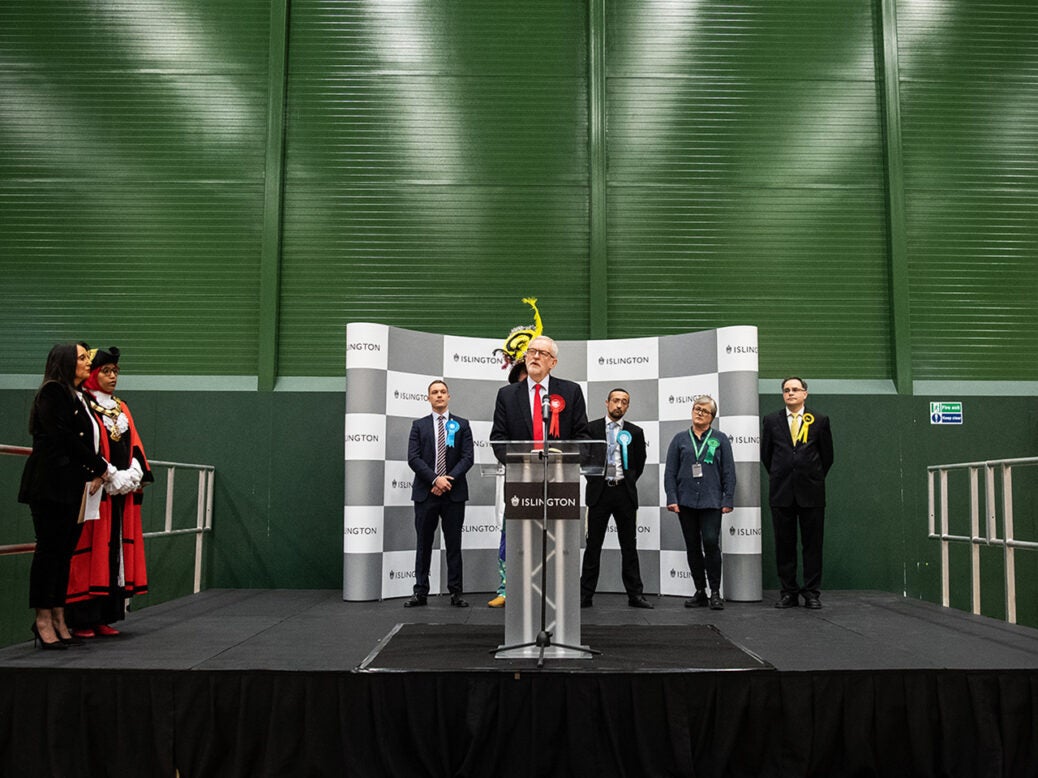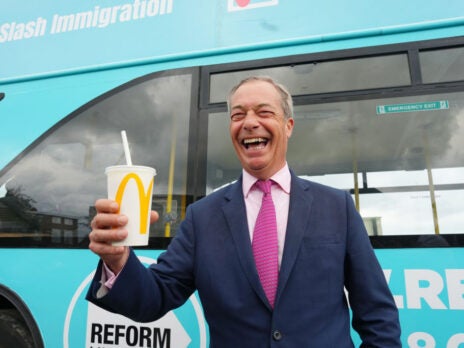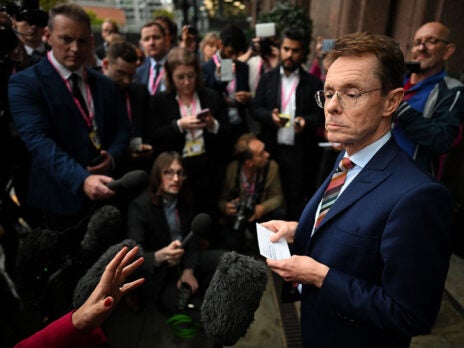
Jeremy Corbyn has been the MP for Islington North since 1983, but he’s just been blocked from standing again for the Labour Party. So he has indicated he will instead contest the seat as an independent.
Can he win? Absolutely. But will he? That’s far from certain.
Independent candidates by and large don’t do well. Established party machines are too strong for upstart organisations. That’s what stopped the Brexit Party from winning Peterborough in the 2019 by-election, for example. The simple truth is that Labour knew who to target to get them to turn out to vote. The Brexit Party did not, and so instead spent polling day sending activists to loiter and make noise in the city square.
Name recognition is nice, but door-knocking is necessary. What Corbyn needs, first of all, is the footsoldiers willing to work for him. His local Labour party, be it councillors or organisers with the data and know-how, will be paramount to a Corbyn win. If they don’t jump ship, or at the very least slip him the data, he’s not coming back.
But even then it’s a steep hill to climb. At the last general election, on average, independent candidates pulled in 2.4 per cent of the vote in their seats. They’re too niche, too irrelevant to the overall vibe of a national election in a local area.
[See also: Was Gary Lineker speaking for Britain?]
It’s because of that that in more localised by-elections, or council elections, they do better. Marianne Overton, a local councillor in Lincolnshire, managed to save her deposit in the 2010 and 2015 general elections as a candidate for Sleaford and North Hykeham, but in the 2016 by-election she increased her share to almost 10 per cent of the vote.
In East Devon Claire Wright, a county councillor, scored impressive shares as an independent in the 2015 (24 per cent), 2017 (35 per cent) and 2019 (40 per cent) general elections. In 2019 she was only ten percentage points behind the winning Tory MP.
East Devon, though, is not Islington North. And Corbyn wouldn’t be an average independent. He is a divisive figure nationally who would attract a great many endorsements in Online England, and probably activists willing to travel to support him (and, no doubt, others trying to help opponents to beat him). But among Islington North’s voters, has he got it?
You don’t represent a constituency for forty years, be as colourful as Corbyn, without having both electoral know-how and name recognition with even the most apathetic of constituents. But that’s no guarantee of victory. Frank Field, who left Labour over Corbyn’s leadership, had been Birkenhead’s MP since 1979. Yet as an independent candidate he won just 17 per cent of the vote at the last election. The Labour vote fell by 18 points, a clear transfer to Field. More impressive than your average independent councillor, but not enough to win.
Look at the chart below. Here are long-standing MPs (elected more than twice) who left their parties to stand as independents.
[See also: Boris Johnson the clown’s first encore]
By and large, they don’t do well. The Lincoln by-election of 1973 was a case of the incumbent resigning to recontest the seat as a pro-Common Market “Democratic Labour” candidate. He won handsomely. It was a by-election all about him. In the 1974 general election, when the question was "Who Governs Britain?", however, it was a more fine run thing.
In Coventry South East in 1992, the Militant-turned-independent candidate pulled in a vote share equivalent to 61 per cent of his Labour vote, but the Labour vote held up better than expected.
Exclude the extreme ends of the chart, and on average an MP running as an independent would attract half as much of the vote as they did under their former party. Apply that to Islington North and Corbyn would poll at 32 per cent. Using only elections this century, it'd be something like 27 per cent.
If all of those voters came straight from Labour then Islington North would become competitive. But, as seen in Coventry with the Militant candidate, that doesn’t always happen. In Castle Point most of the vote for Bob Spink, formerly the seat's Tory MP, then briefly Ukip before standing as an independent, came at the cost of Labour and Ukip. Had it come exclusively from the Tories then he’d have won comfortably. As it was he lost.
Corbyn's prospects shouldn’t be dismissed out of hand. If he took votes only from Labour, then by the historical precedent he could win. David Gauke and Dominic Grieve, Conservative Remainers who stood as independents in 2019, suffered because they took support from several parties, leaving the Tory vote stronger. Corbyn is likely to take votes more specifically from his former party, but even then if he only did as well as Field did in Birkenhead he would come away with a measly 14 per cent of the vote.
It also remains to be seen whether Islington North is as keen on Corbyn as some have suggested. Central London is solidly pro-Labour, with some areas trending to Green candidates in council elections. We don’t have any real evidence that the attraction to Labour in Islington is more owed to Corbyn than it is to the Labour brand. Corbyn's national appeal doesn't give much cause for optimism, but this is his own seat. Don't write him off.
[See also: Will voter ID laws hurt the Tories more than Labour?]


